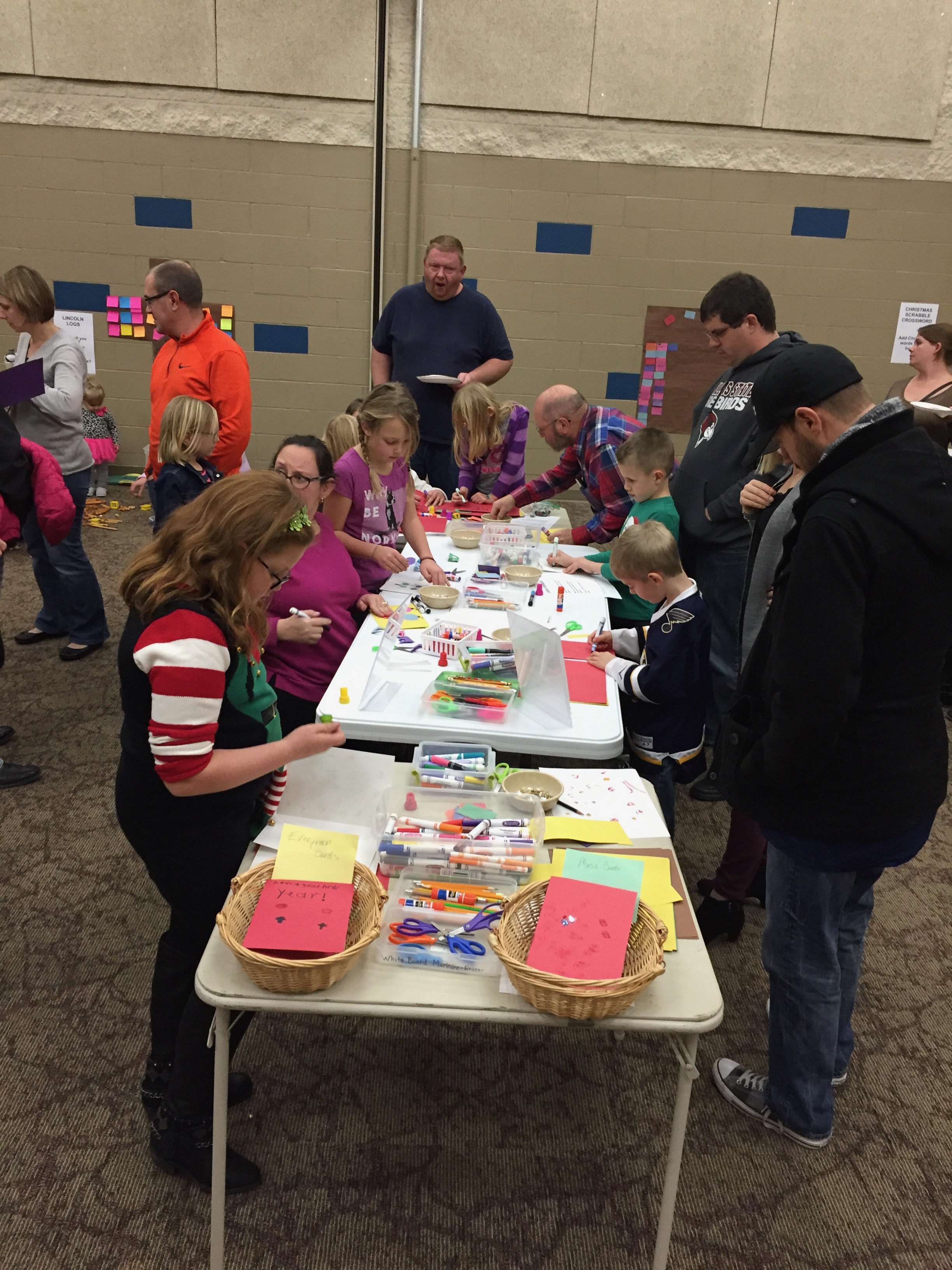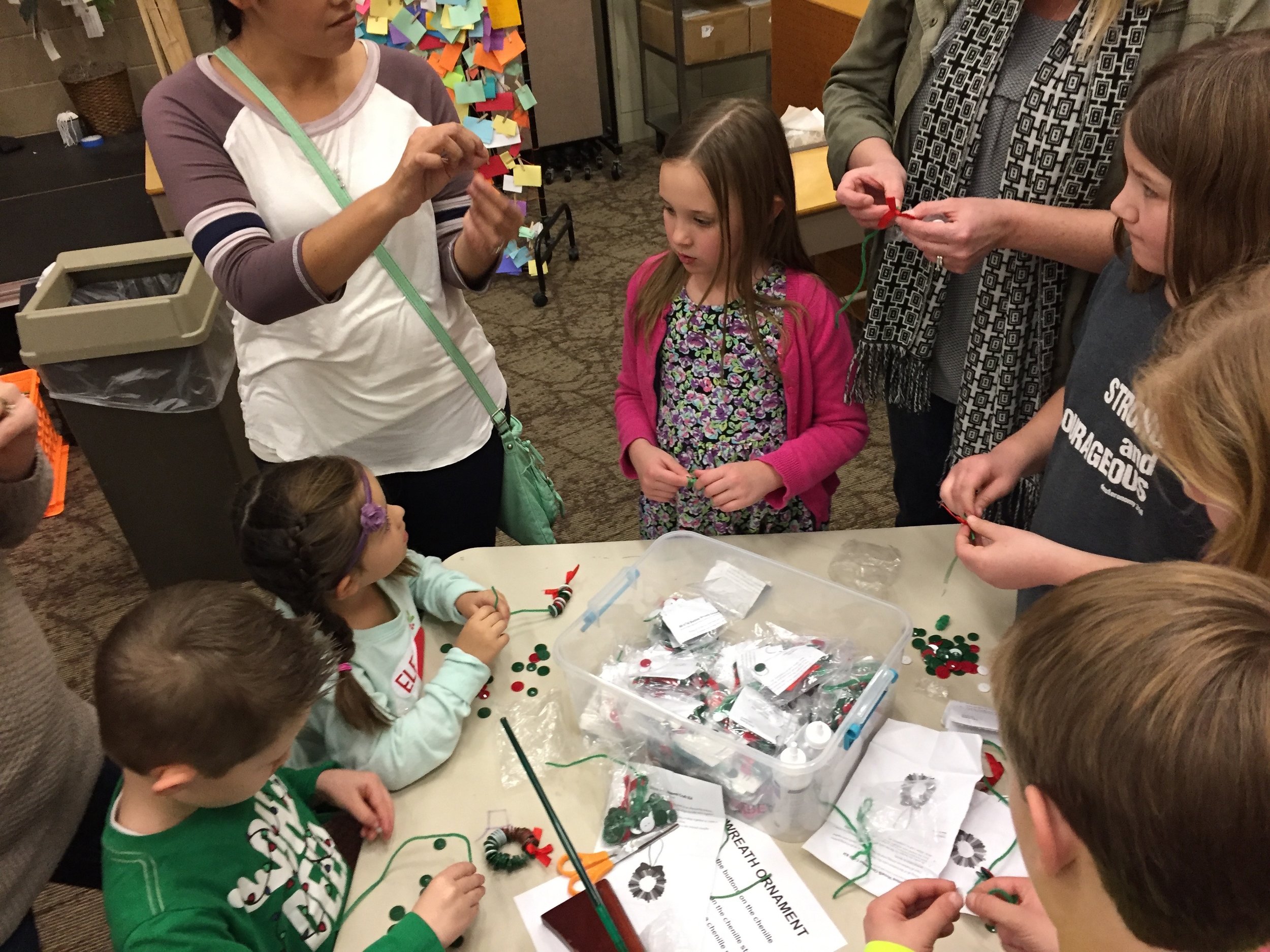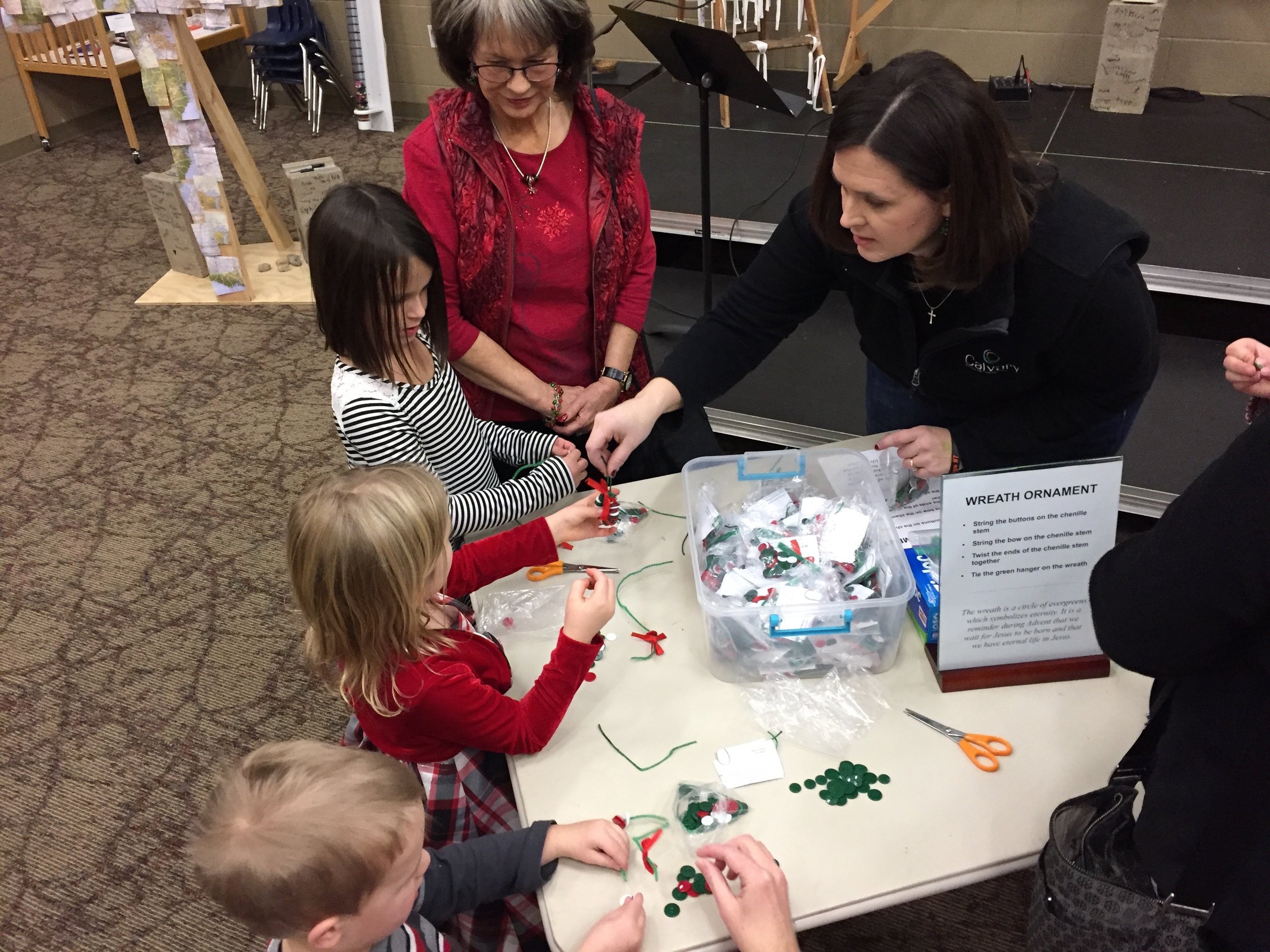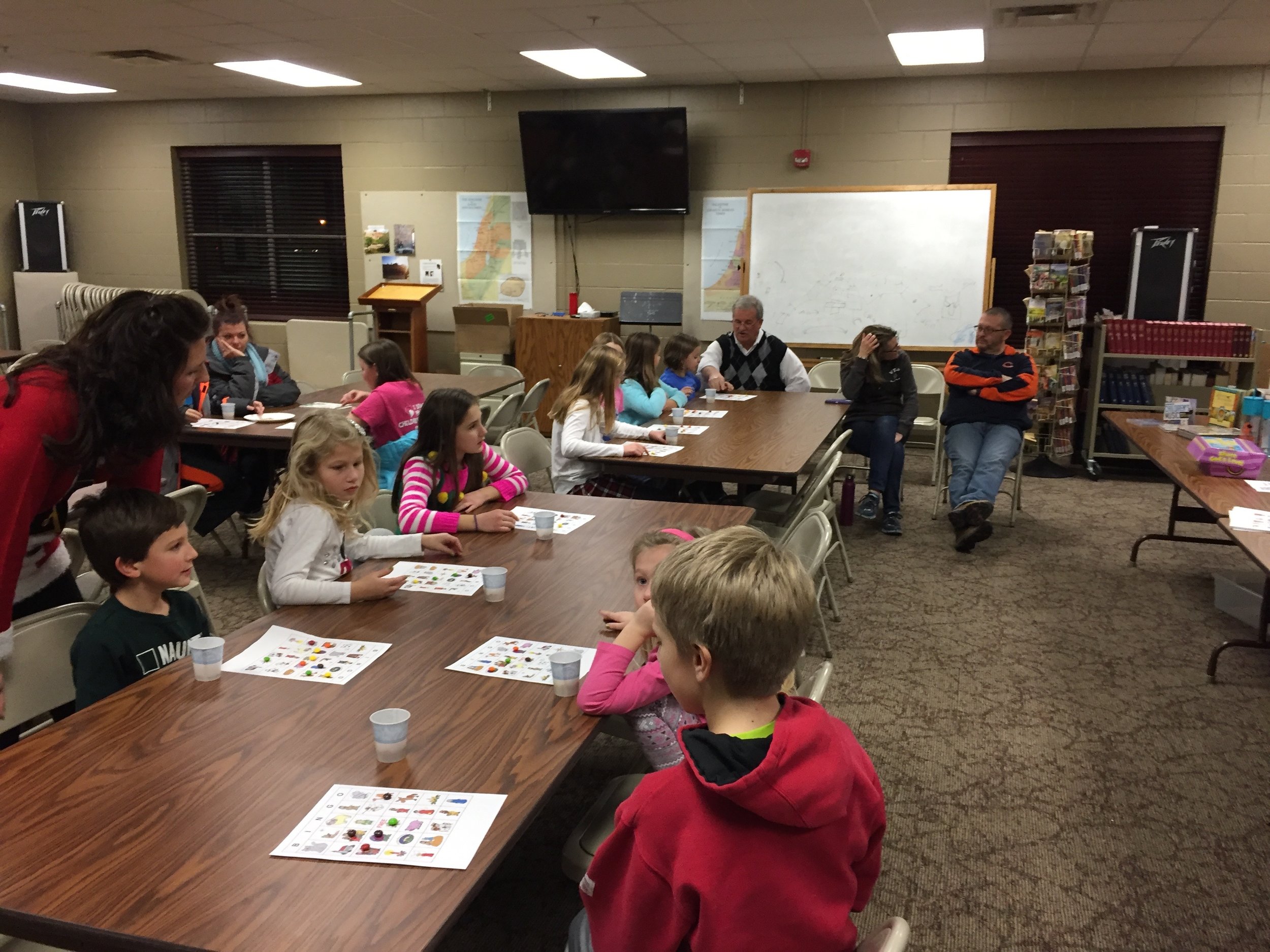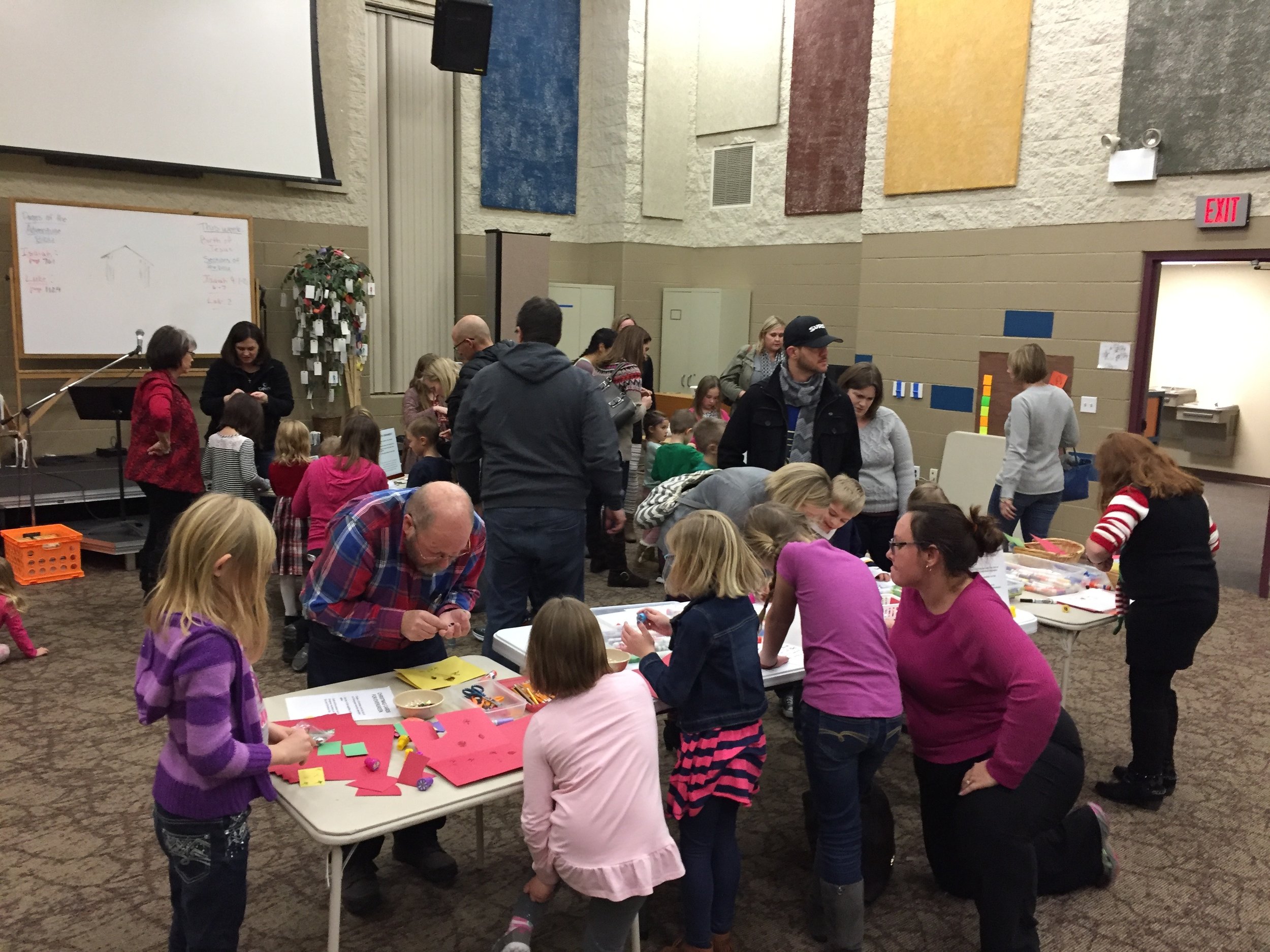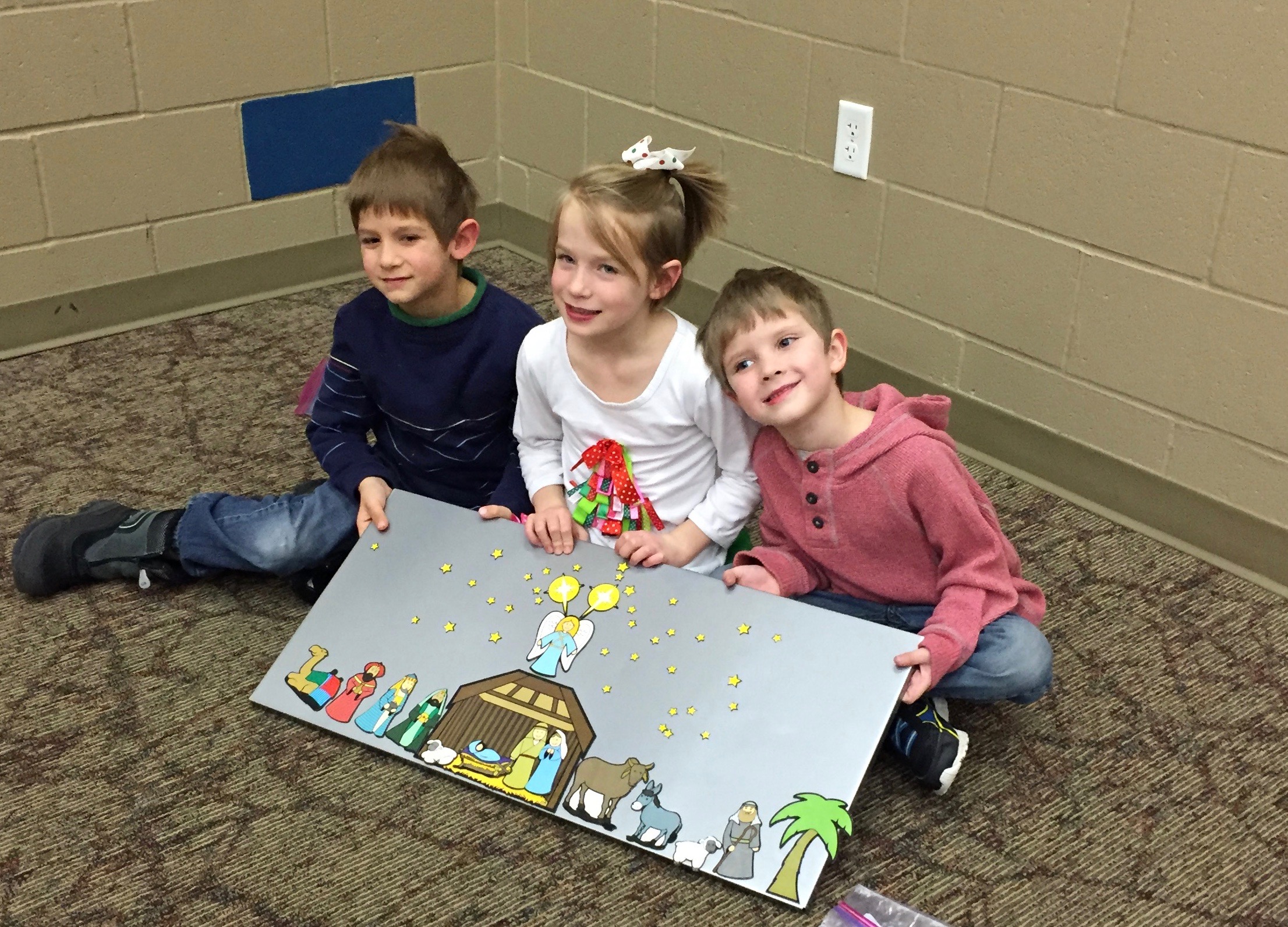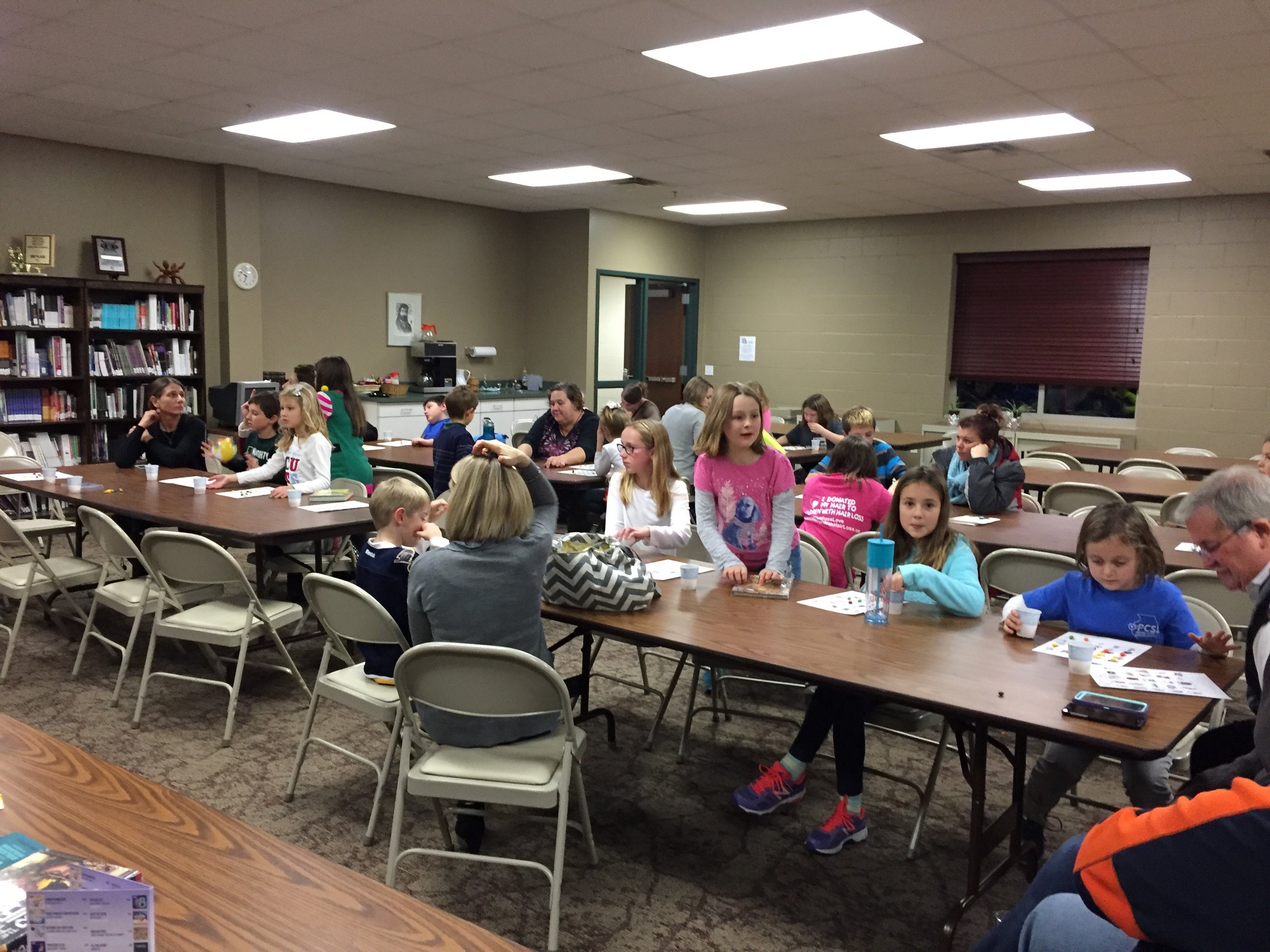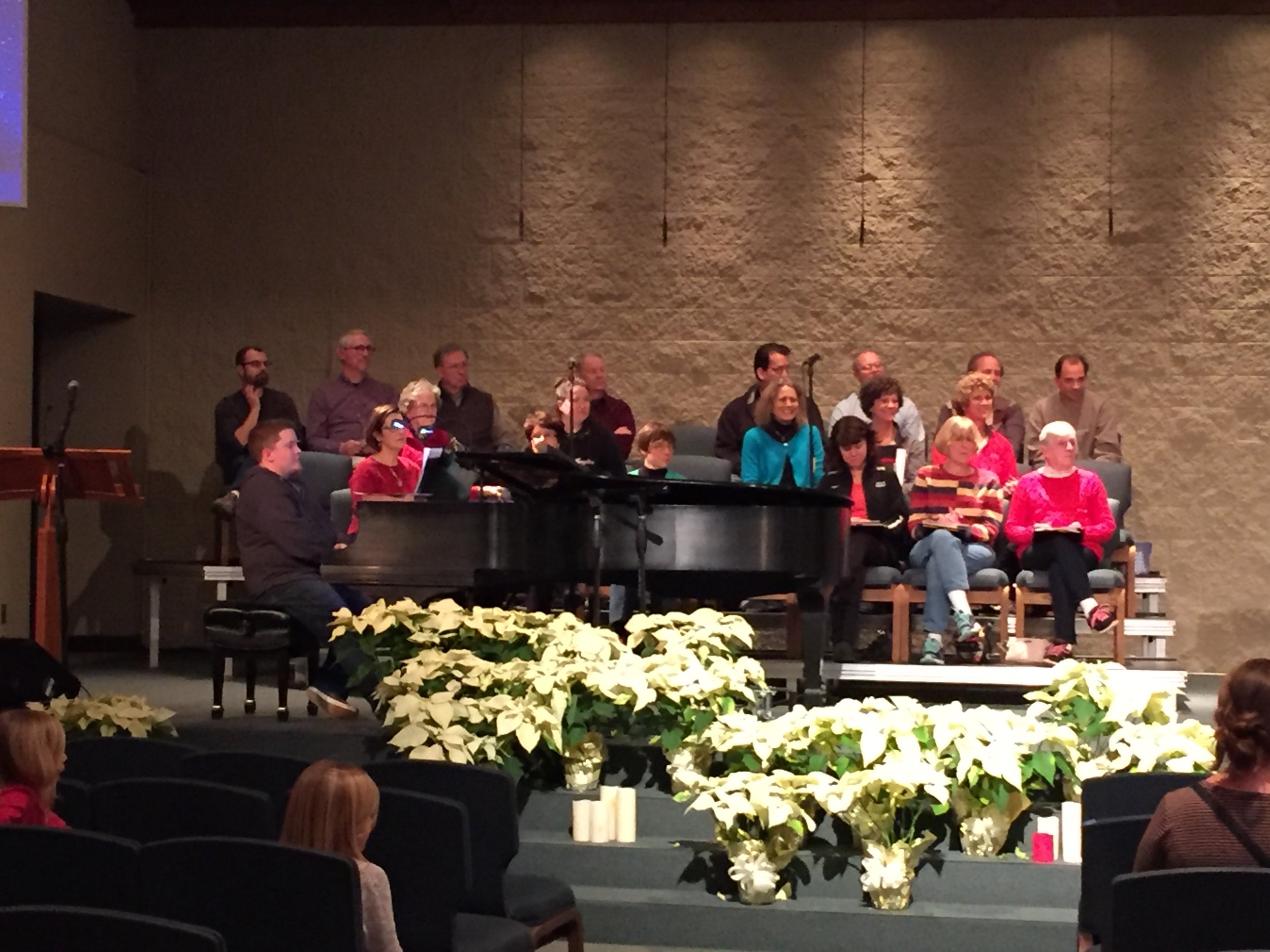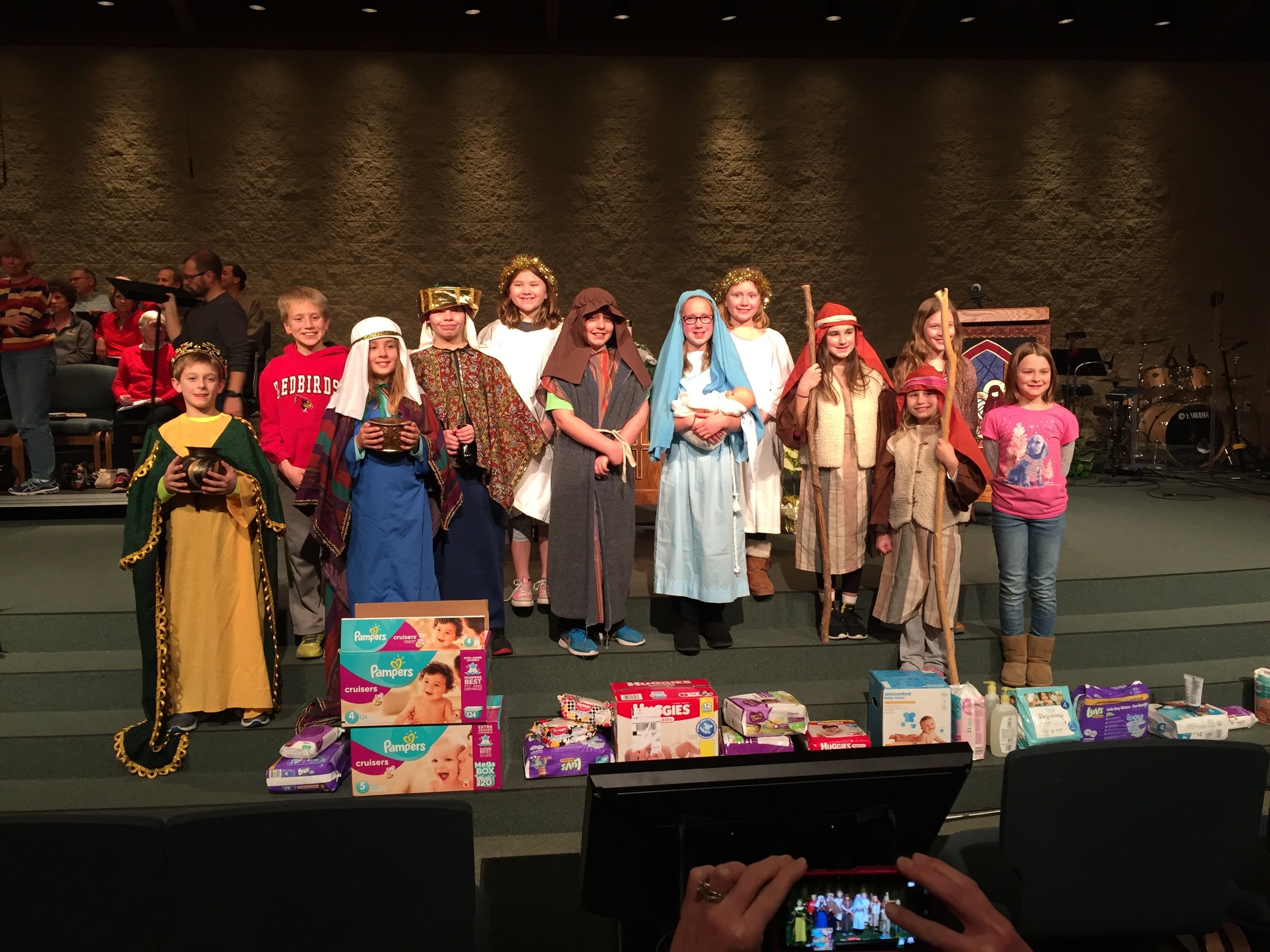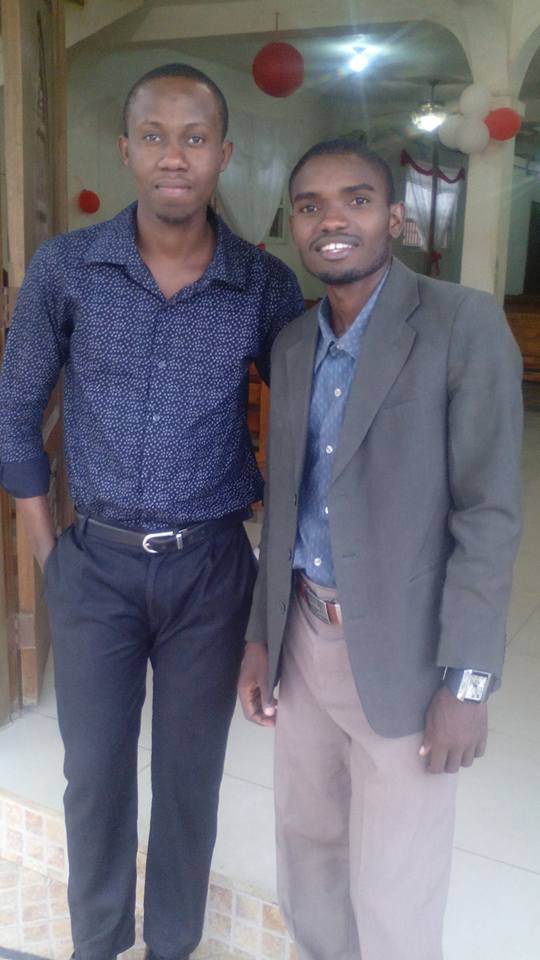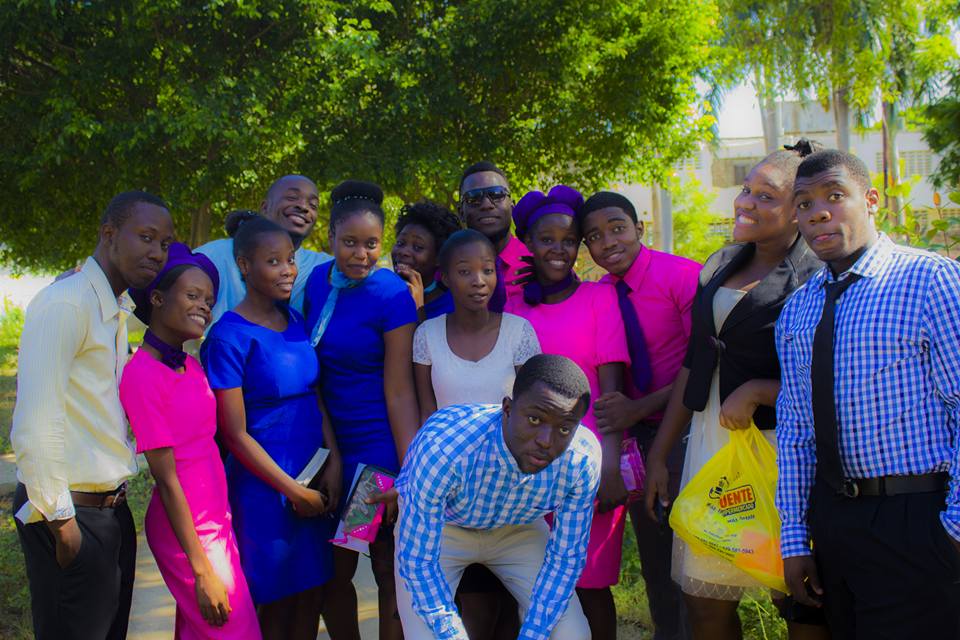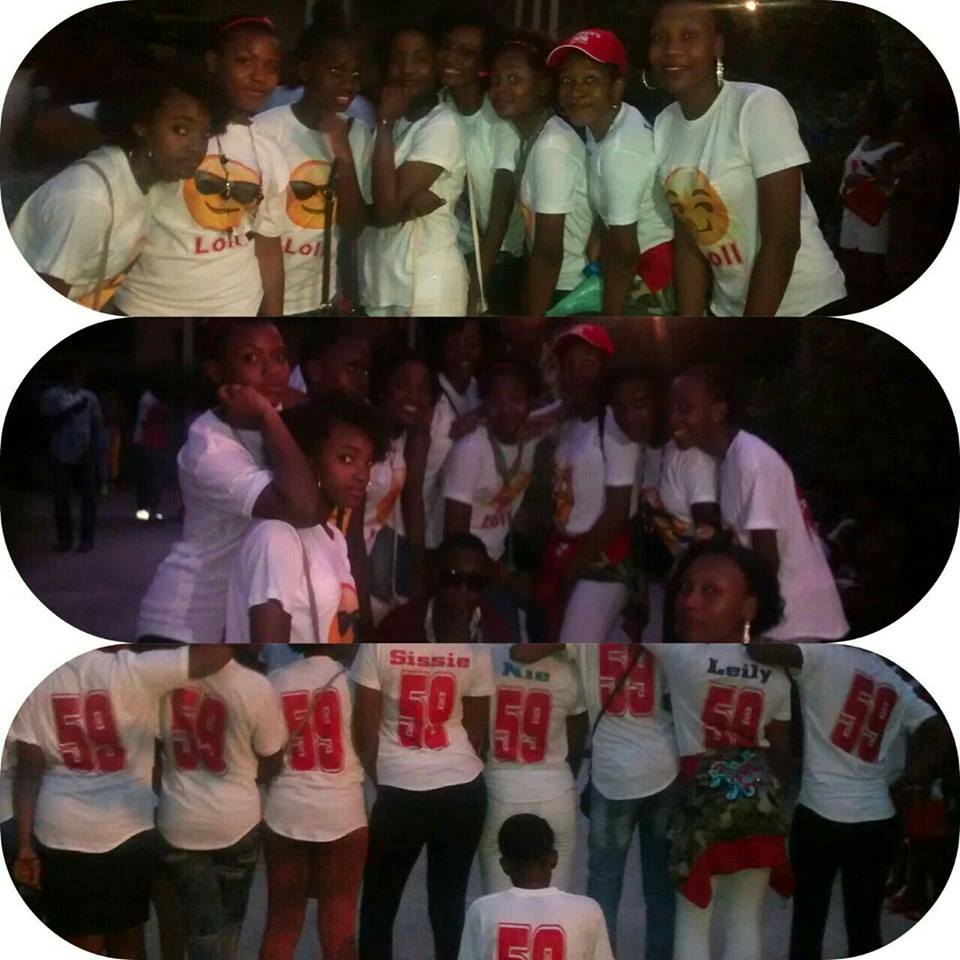(3 minute read)
We had the privilege of Junior Cineas, our Missionary from Haiti, being with us this last week in Bloomington/Normal. Junior and I had a great conversation about ‘Who Is My Neighbor’ and what follows are Junior’s reflections on this topic.
Who is my “Neighbor” is an important topic this days. However the church around the world is still missing it. Sometimes the church gets it mixed up with only people living next to one another. Your neighbor goes beyond just the person who lives next to you. The Bible puts a great emphasis on how you should treat “your Neighbor”-- “love your neighbor as yourself”(Lev. 19:9-19). In the Old Testament, God gives his people the responsibility toward their neighbors: “If you take your neighbor’s cloak as a pledge, return it to him by sunset, because his cloak is the only covering he has for his body. What else will he sleep in? When he cries out to me, I will hear, for I am compassionate.” (Exodus 22:26-27)
Jesus teaches us that our neighbor goes even beyond those people who live next to you or those you might know….or even like or who don’t like you! The Great Commandment says, “Love the Lord your God with all your heart, soul, and mind and the second is like it: Love your neighbor as yourself.” (Matthew 22:37-39) The church will be judged for that…...Matthew 25…….did we meet the needs of our neighbors? The hungry, the sick, those in prison…...all are our neighbors. This goes way beyond the love we have for those who love us back. Jesus makes it clear that we are to love those who hate us.
Jesus is our neighbor…..each time we help one of those people in need, we’re helping Jesus. Visiting someone in the hospital is visiting Jesus himself…...that person is your neighbor. Every person who is in need is our neighbor. How are we to know what people need if we never go to them to determine what they need? Jesus relocated himself in order to be our neighbor…...relocated from Heaven to earth…...so that we would know that Jesus understood us. Everyone around us is our neighbor….we don’t need to know where the person is from or what their experience has been: we just need to see their need. Because of our love for God and our neighbor, everyone is our neighbor.
Do people think they need to go far away in order to find their ‘neighbor’? Junior came to the United States: and found his neighbors. Some of us have gone to Haiti: and found our neighbors. Do we feel pity for others far away, but not for the people we see around us all the time? So, maybe we need to look at others as Jesus sees them. We can’t meet all the needs, but we can do whatever it is that Jesus tells us. Could those needs be next door to you? Across town? At the hospital? In the prison? At the homeless shelter? A foreigner? A widow? An orphan?
“Then the righteous will answer him, ‘Lord, when did we see you hungry and feed you, or thirsty and give you something to drink When did we see you a stranger and invite you in, or needing clothes and clothe you When did we see you sick or in prison and go to visit you?’ The King will reply, ‘I tell you the truth, whatever you did for one of the least of these brothers of mine, you did for me.’” (Matthew 25:37-40)
Questions or discussion? Click here to comment.
Tomorrow on the Daily Connection: A Light to My Path (Exodus)
About the Authors
Junior Cineas is a pastor in Haiti. Debbie Reese is the Co-Directing Pastor at Calvary UMC.












